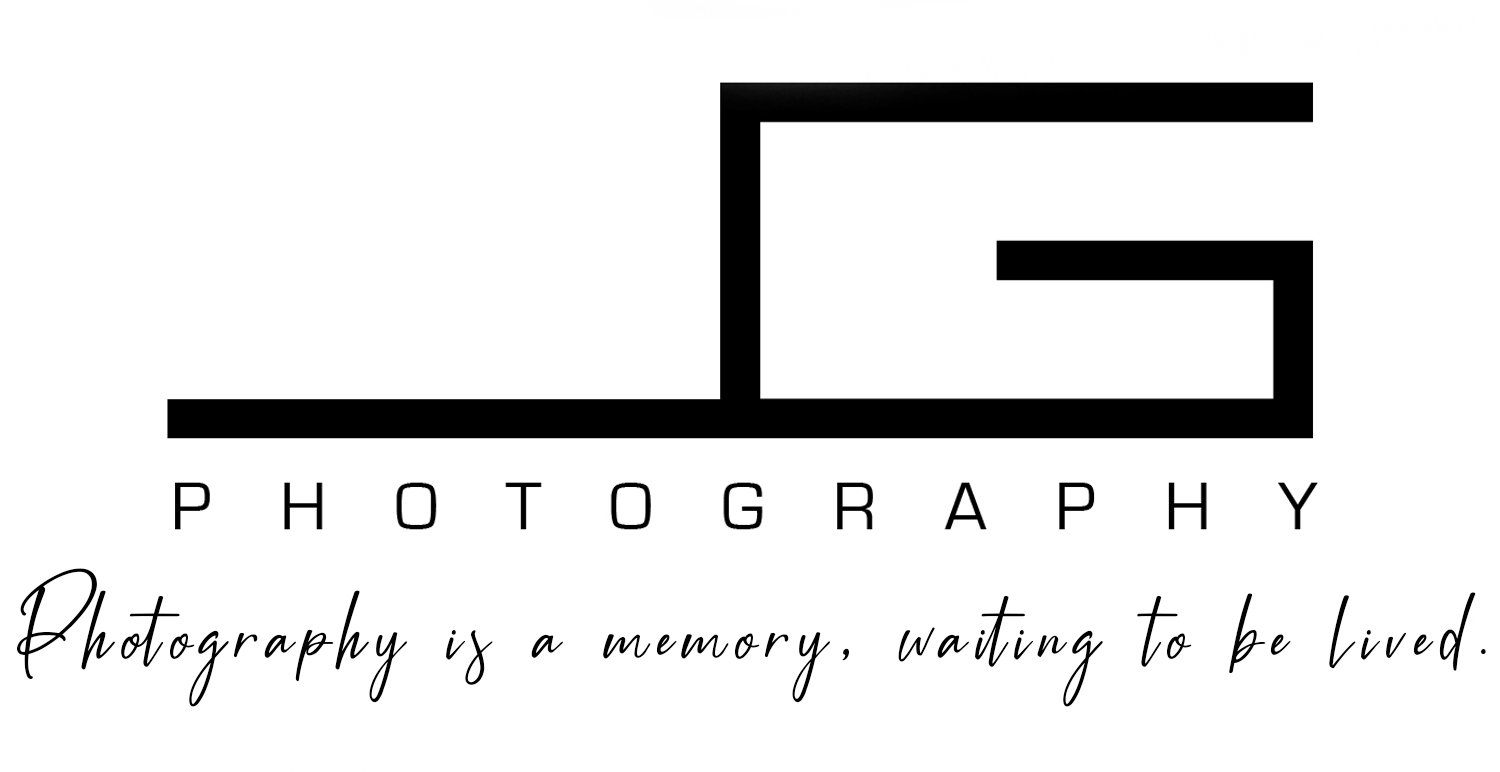Flow
I stand here amazed at life, in awe of its beautiful balance. The very thought of this balancing act leaves me speechless because of the simple fact that if one element were missing, the entire system would suffer. Somehow nature's elements understand that the combined power of their parts is greater than their potential as an individual.
There are no stars here; there is no right and wrong. There is just a beautiful combination, creating a better outcome for all.
Yet, this simple message seems to be going unheard in the world we have created, favouring our own needs, desires, and significance. A misguided existence that appears to have allowed us the unchallenged right to rule overall. Where the only thing worth fighting for is the fight to be right.
This insanity creates a manic cycle, fanning the flames of the fight, to be the so-called best, brightest, most informed, most significant. Yet this fight is taking a toll, leading to conflict, inner conflict and real pain for those perceived as wrong.
But are they wrong, or do they have a different opinion from yours?
This question lives with me, rumbling around like an old foe, demanding an elusive answer embedded with compassion. Why must we fight to be right? By taking this stance, we hinder our ability to listen, learn, and feel empathy. What is the point? What are the benefits of a fight that we are somehow unaware we are even in?
Could it be that this endless quest, the fight to be right, is a simple pattern of distraction we have all fallen into? To mask, to push away, to deny the concept of looking inside ourselves to see why we have to be right in the first place?
Do we use this fight the wrong way? Who does it serve? Could it be just another distraction from what we really should be doing? Ceasing real growth, from genuine understanding, for actual development that rises above self-interest?
In the fight to be right, the only thing we can control is our actions and reactions. And if our efforts are the desire only to prove another wrong, then I believe we need to look deeply at ourselves, and if this thought makes you feel uncomfortable, then the question has to be, why?
How can we hear others when we are only talking, projecting a verbal wall of tired beliefs? We all like to be right, to be correct, to be appreciated, but I think we can all agree on the simple fact that the best lessons are often learned from our biggest failures, from our biggest disappointments, from admitting we were wrong.
So if there are such gems of wisdom waiting at the end of the ‘I was wrong’ road, why are we avoiding it with such passion that we are sometimes willing to seemingly fight to the death to be right?
To genuinely grow, I will have to try new things, explore circumstances from new angles, and, yes, get things wrong. Most people I know are happy with this because it makes sense. But this is where it can get a little bit tricky.
You know you have made a mistake; you know you are wrong. But do you have the strength to own it? Do you have the resolve to raise your hand and take responsibility for something incorrect, be that your words, your thoughts, your actions?
This simple act is vital because as soon as you can own your imperfections, realising that by doing so, you only become stronger. Then you are free to learn the lesson of the mistake, free to better yourself by being wrong, becoming open to evolving so you will never make that mistake again.
If we change our mindset about making mistakes, about being wrong, then we have the needed tools to stop the fight to be right. We have the chance to listen, knowing what is being said is not there to hurt us, shame us, belittle us. It is just there to help us as we navigate the complex highs and lows of merely being human.
When you are right, do it with dignity.
When you are wrong, accept it with grace.
And attempt both with compassion.

